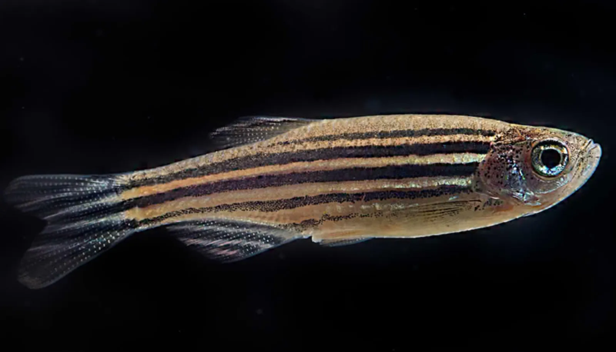
The zebrafish, a distant cousin of the common carp found in Québec, is a small fish about 5 cm long, native to South Asia. It doesn’t use its brain to plan weekly meals or family vacations, to balance personal life and professional obligations, to interpret a piano piece, or to solve complex problems requiring advanced abstract thinking. And yet, the brain of this humble fish could reveal important insights into the workings of our own brain. Scientists from Université Laval’s Faculty of Science and Engineering and the CERVO Research Centre have demonstrated this in a series of experiments whose results were recently published in the journal Science Advances.
The authors of the study published in Science Advances are Antoine Légaré, Mado Lemieux, Vincent Boily, Sandrine Poulin, Arthur Légaré, Patrick Desrosiers, and Paul De Koninck. Read the full article on ULaval Nouvelles.



